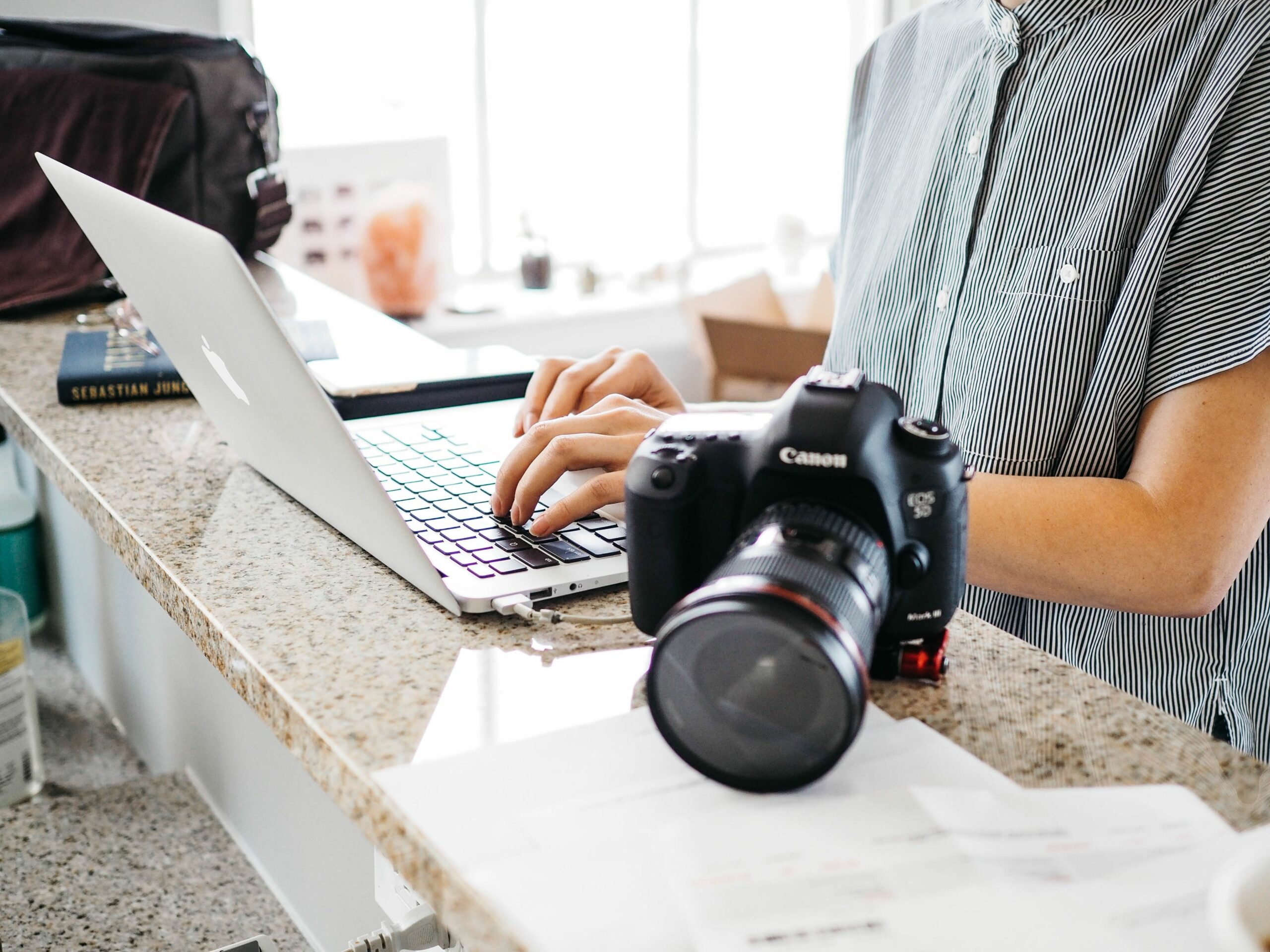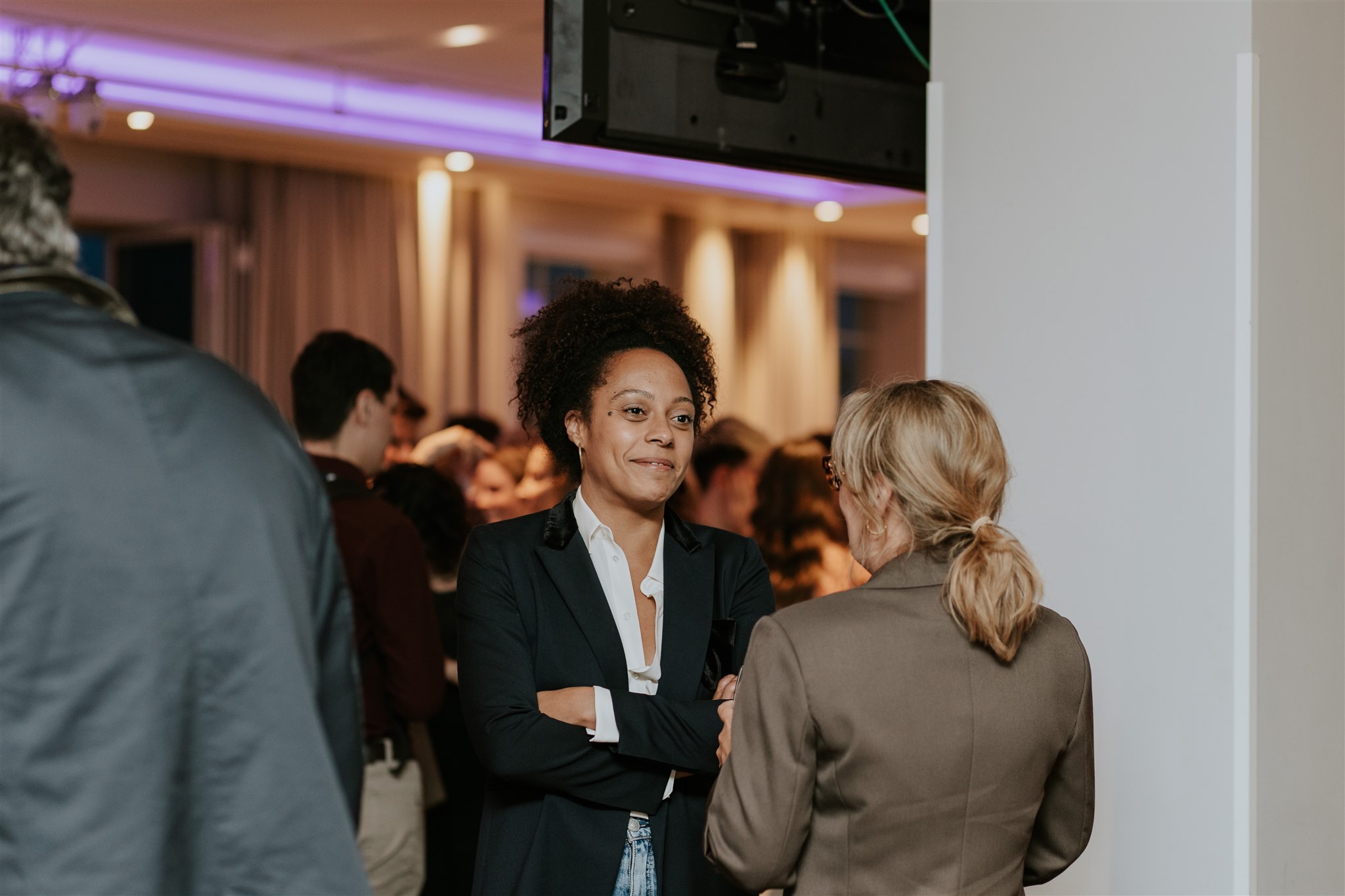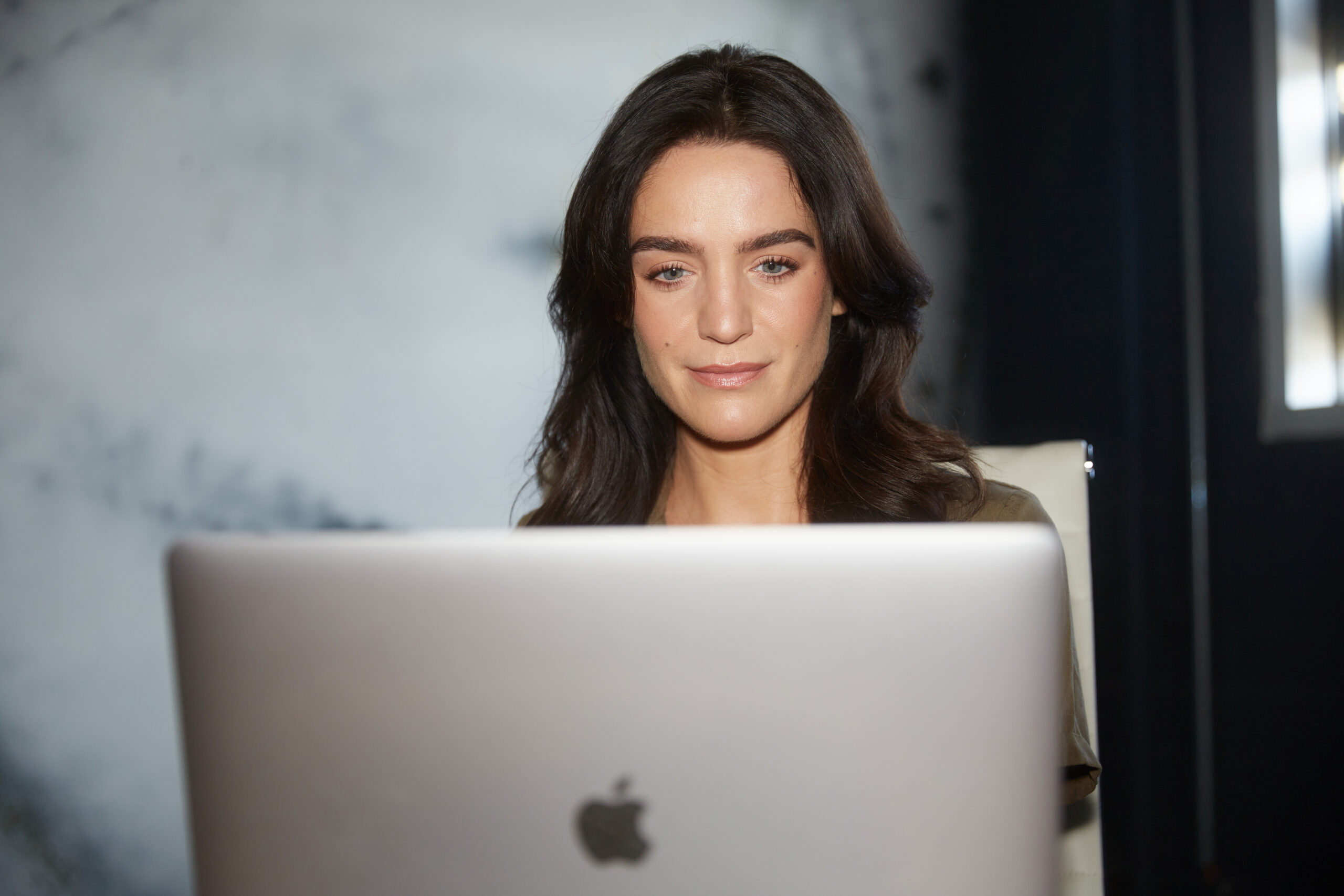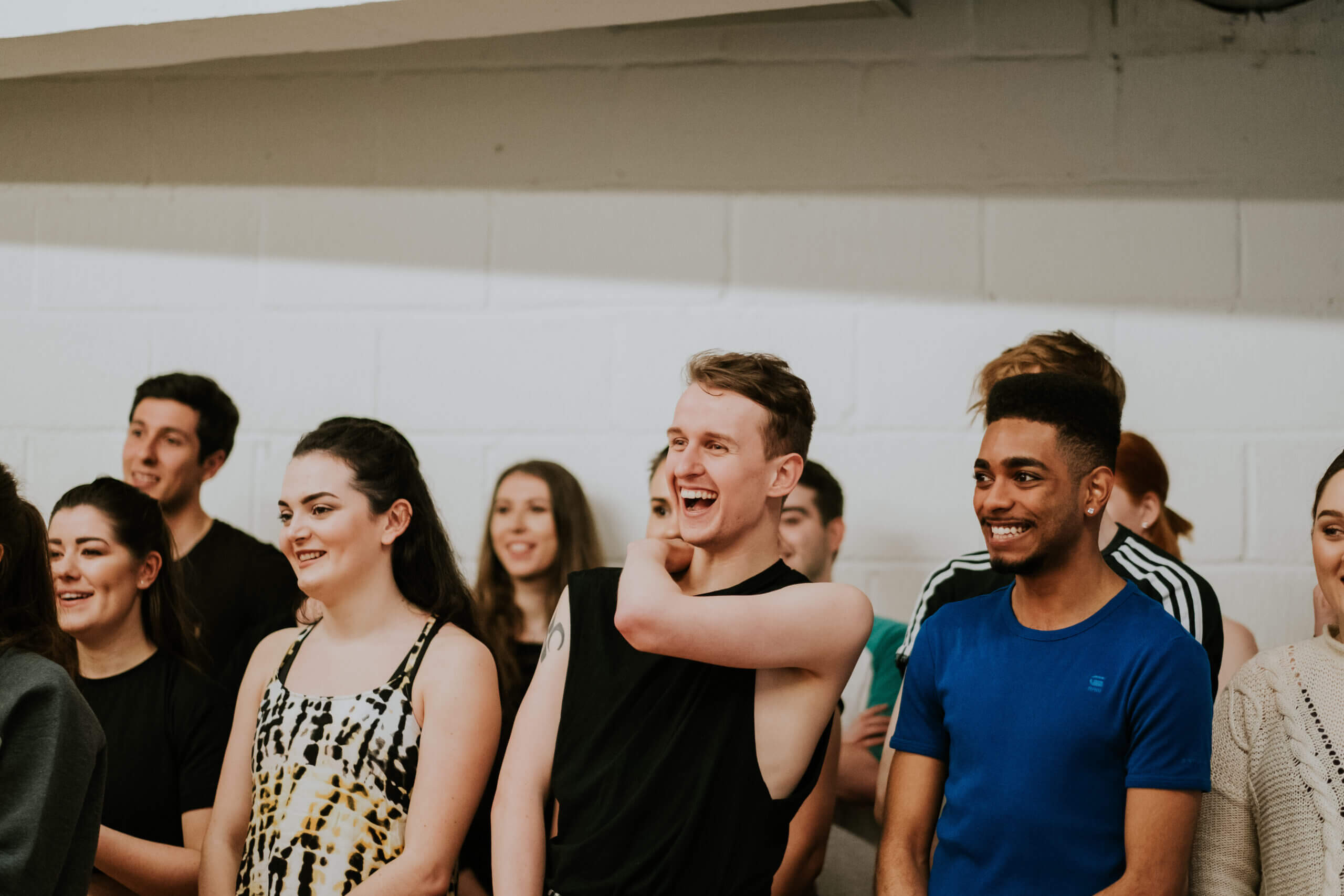A performer-perspective on embracing the self-tape…
For those who don’t know: a ‘self-tape’ is a way of an actor being seen for a role. Despite being a fairly recent introduction, it has, in many cases, overtaken the conventional meet and greet. For casting directors, it saves money, time and space. It allows them to see a greater selection of performers for any given role. It gives them something to start, stop and re-watch. Seizing control of the process seems advantageous and necessary for our career as a performer. But many actors hold a great aversion to the process of taping, drastically preferring the traditional face to face audition…
Why Don’t We Like Self-Tapes?
Many actors feel overwhelmed with having to manage an entire other aspect of their audition: not just their performance, but also having to direct their performance and process the footage. Actors are now having to fumble around with cables, cameras and editing software. Having this level of control equates to fastidiously checking and re-taping readings. “I blinked too much in that take, let me do it again,” or “the lighting is better in this one but my accent wasn’t as good as before,” and “there was too much background noise in that recording,” and so on, for hours on end!
Due to the finite communication with the casting director we fuss over our ONE chance to present an interpretation of a character, meaning if we have misunderstood the piece we have ‘blown’ our chances. Additionally, the role is likely to be highly sought after as casting directors can see a greater variety and number of applicants for any given role. You will be ‘in competition’ with actors from all across the world in some instances.
Why We Should Embrace the Self-Tape
Whatever we feel about self-taping, it is definitely an important and useful skill to get a handle on. Reframing our perception of it could be radically transformative and liberating. There are benefits, after all: you don’t have to deal with audition room nerves, so you can perform more calmly, at your pace, and access emotions which might have been otherwise more difficult. Having a window of time to prepare, record and submit a piece grants you the freedom to fit the audition into your life, allowing you to get along with your job/day and record the piece when most ‘mentally ready’. You can get all your ‘bad takes’ and slip outs out of the way, giving you the ability to have complete control over how you want to be seen – extending this even more with your characters costume, makeup etc. And despite posing as a technological hurdle for many of us, you can learn some lighting and editing techniques to impress casting directors with. This also becomes more accessible from not having to spend time and money in not having to travel to and from an audition, too.
The Key Tips for Successful Self-Taping
You might be afraid of the expense of a fancy camera and recording equipment… but needing these in order to self-tape is a myth! You can just record on your phone. You don’t need to buy any software either – there are reliable and simple apps available for you to download for free.
The backdrop to your self-tape is also easy to set up and doesn’t have to be expensive. Having a clear, clean, neutral background is vital. Ideally, it is best to have a plain coloured back drop which compliments your complexion and doesn’t wash you out. This also means minimal distraction – the casting director is just focused on you and your performance. Once you find a good routine, it can become a much quicker process than traditional auditions.
The reduced anxiety from not having to meet people and travel for an audition, gifts you a chance to become less attached and therefore less ‘precious’ about your performance. Use this your advantage.
As actors we should relinquish any negativity towards self-taping and look at the positives. It’s an opportunity to stand out and be seen for work we otherwise might not be seen for. Seize it as a chance to learn and showcase new abilities.
Taking a step back and a better look at the whole concept allowed me to find how I could use this process to my advantage. After teaching and practising new methods, I’ve got so much more confidence towards self-taping. Never thought I’d say it, but I am actually welcoming the next self-tape that comes my way!
 Lauren McCrostie is an actress and writer based in London. Previous acting work includes Tim Burton’s ‘Miss Peregrines Home for Peculiar Children’ and Carol Morley’s ‘The Falling’. Lauren also runs her own newsletter (happy helpful homework) which falls in line with her deep passion for sustainability and all things green.
Lauren McCrostie is an actress and writer based in London. Previous acting work includes Tim Burton’s ‘Miss Peregrines Home for Peculiar Children’ and Carol Morley’s ‘The Falling’. Lauren also runs her own newsletter (happy helpful homework) which falls in line with her deep passion for sustainability and all things green.
Image credit: Ross Ferguson












